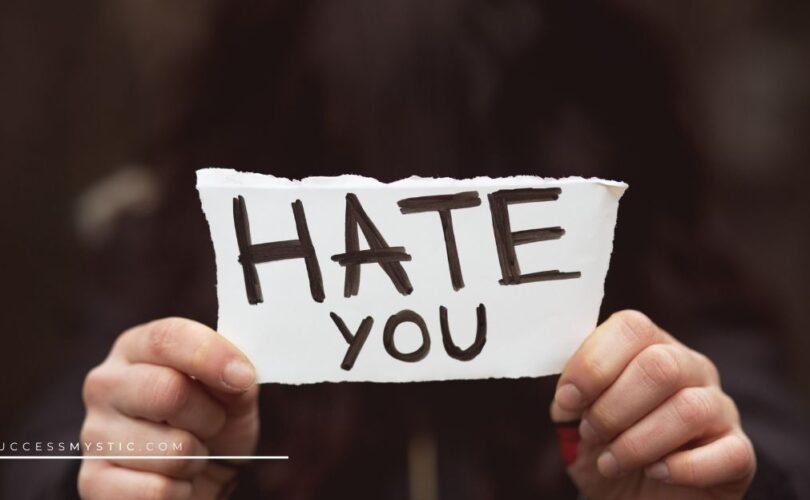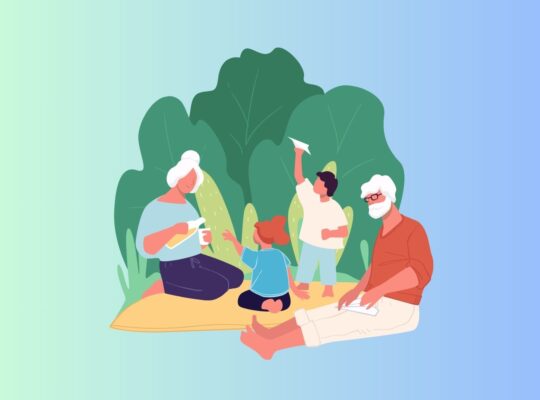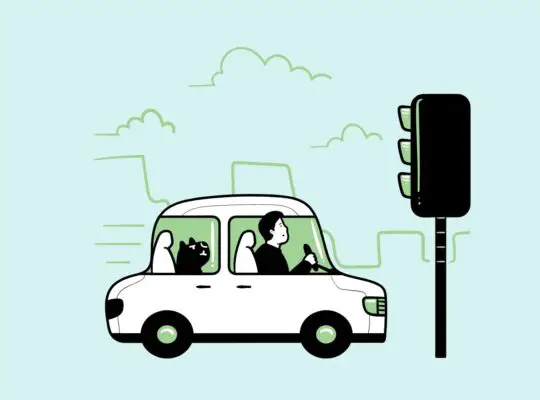Do people hate more now than in the past? Is empathy gone? Scientists, psychologists, and sociologists agree that hate is more prevalent in American society than in past times. But they also point to how hate and empathy have always played a role in human interaction and how empathy can impact and change a culture of hate.
Historical Perspective
Literature reflects society’s concerns and struggles. For centuries, authors have written stories and books that point to how a lack of empathy can affect society by increasing hate. A 1909 story by E.M. Forster entitled “The Machine Shop” describes a world where people only interact through video screens. In this story, people no longer connect in person, and empathy for others is gone.
Researchers who have reviewed literature find that authoritarianism is often linked to hate. Books like The Autumn of the Patriarch by Gabriel Garcia Marquez and Ruler of Hiroona by G. C. H. Thomas explain how hate supports authoritarian and how empathy overcomes hate. Literature has many examples of hate and disconnected or authoritarian societies. Writing about how empathy overcomes hate is a common theme.
More recently, a study conducted in 1979 by a group of psychologists showed that Americans scored four out of five in self-reported empathy surveys. In 2009, the study was repeated, and the score dropped to three out of five. As a society, Americans became less tolerant and empathetic toward others.
Empathy Today
Researchers at Stanford University believe that empathy is increased by educating people and improving their empathy skills. Studies show that people who are taught empathy skills not only improve their ability to be empathetic, the parts of their brains that relate to feelings and empathy increase in volume. Researchers suggest that empathy training include the concepts of:
- Connection
- Us Instead of Them
- Benefits of Empathy
Empathy involves a deep connection between people. When someone feels empathy, they understand others’ feelings and thoughts and experience those feelings and thoughts together with the other person. Connection opens paths for togetherness instead of hate for others. Researchers believe that people must interact with people who are not like them to experience and understand their similarities and respect their differences.
Hate starts in the ancient human reflex of categorizing people as being a threat or help. When a person sees someone else as different, feelings of being a threat and hate often follow. Using the connections people build through improving their empathy skills, they come to understand that they are more alike than different from others. Creating a sense of “us” through shared connections eliminated the feeling of “them” as a threat.
Humans are social creatures. The human brain is designed to feel empathy for others, but empathy skills must be maintained. Reminding people of the benefits of empathy increases their motivation to be empathetic.
The benefits of empathy include improved:
- Mental Health
- Success
- Quality of Life
One of the underlying issues with mental health problems is a feeling of loneliness or social isolation. Without others’ empathy, people don’t feel understood or get the support they need to be mentally healthy. Poor behavior is linked to feeling a lack of empathy, including decreased self-care, increased anger, and physical violence displays.
Empathy improves a person’s opportunities for success and increases their quality of life. Success often hinges on having the help and support of others. Because humans are social creatures, our lives are improved when we have empathy and connections with other people. Feeling misunderstood and socially isolated from others can have long-term emotional and physical effects.
Hate is not a new phenomenon in human culture and society. Because people often fear what they don’t understand, hate increases when people are disconnected. Empathy impacts a culture of hate because it reminds people of the benefits of connection and improves their quality of life.







